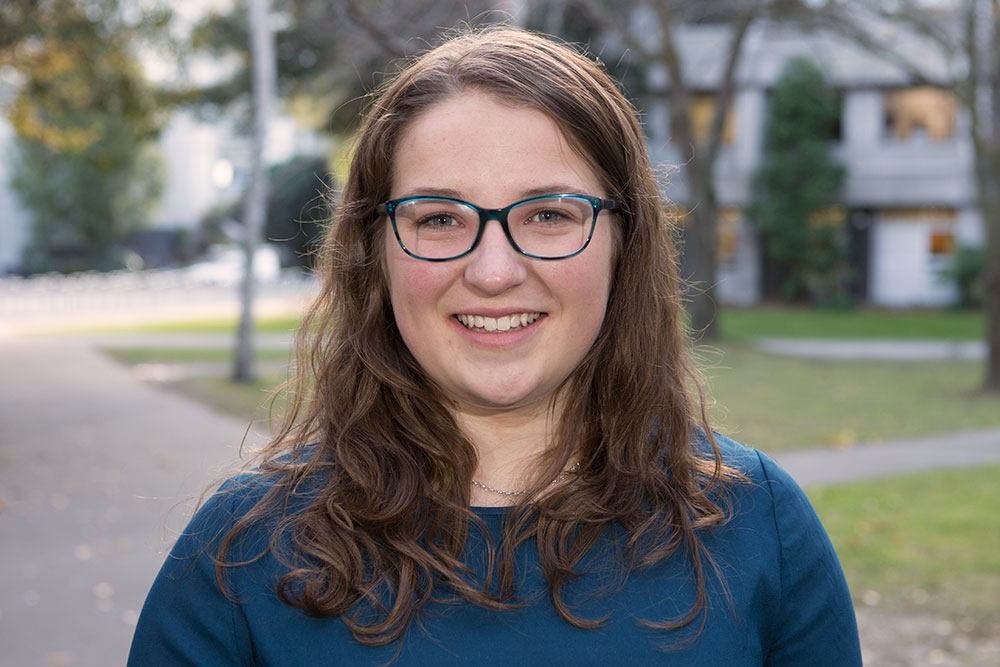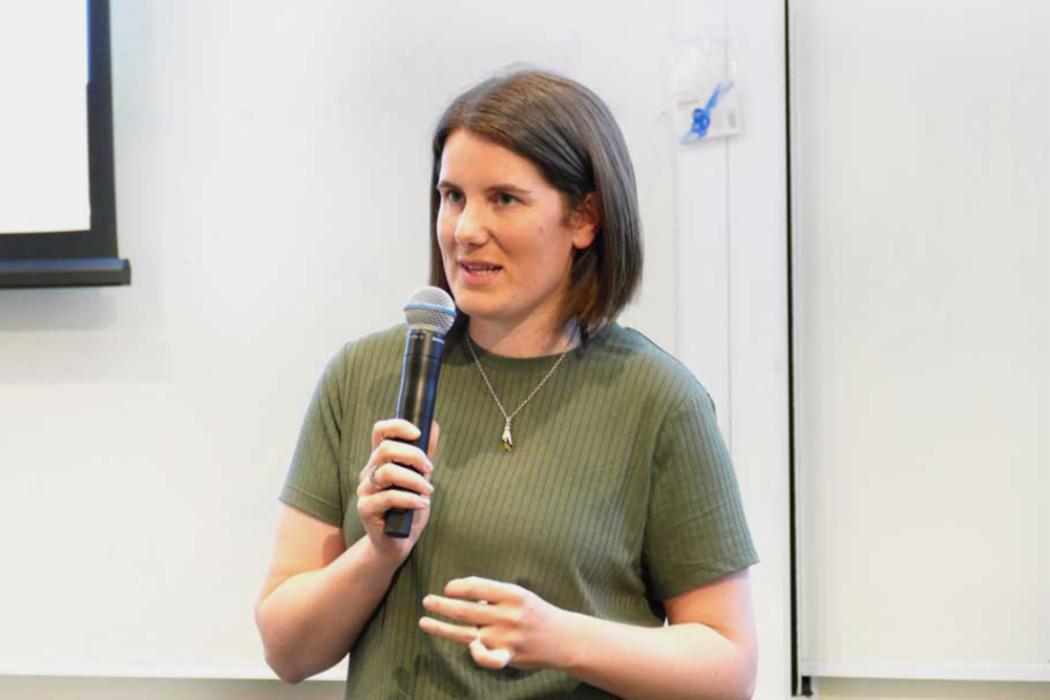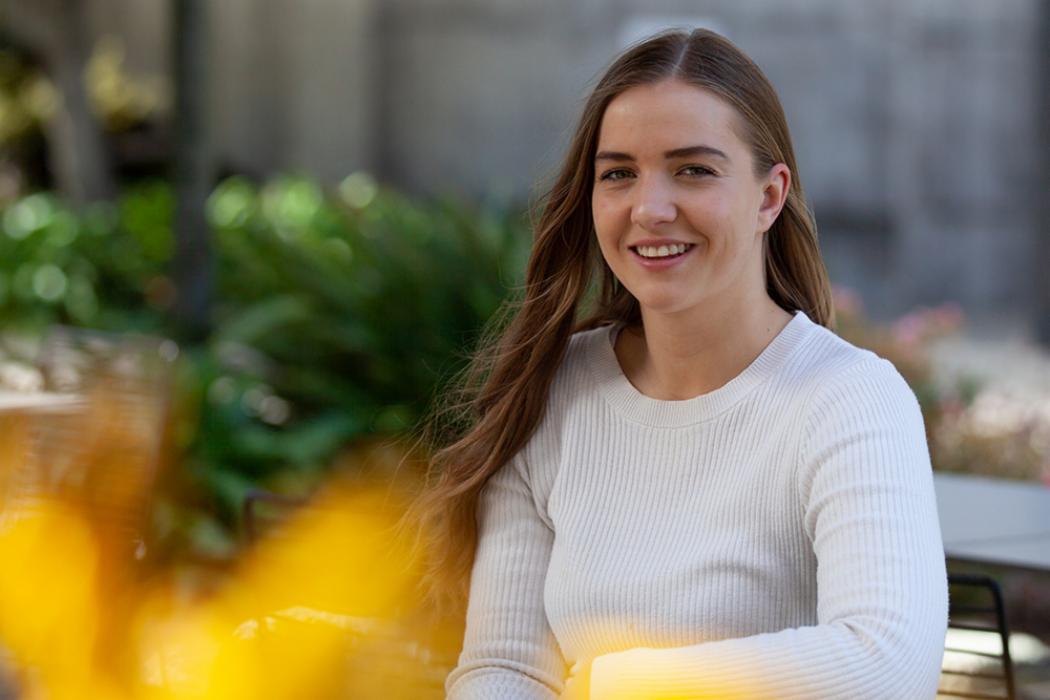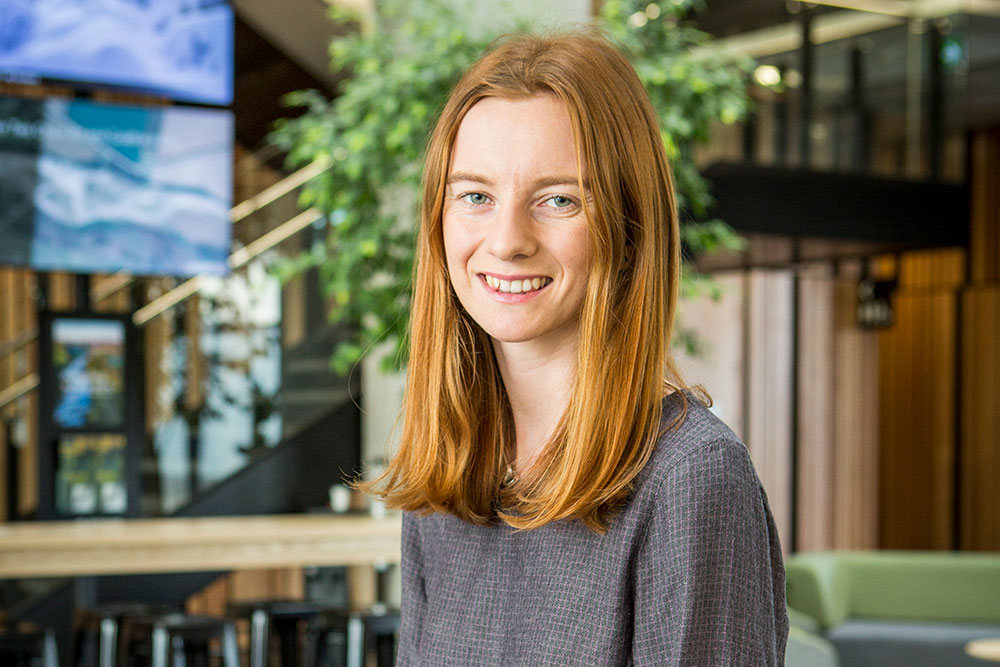(Ngāti Maniapoto)
Bachelor of Arts in Political Science with a minor in Psychology and a Bachelor of Laws
Policy Officer, Australasian College for Emergency Medicine, Melbourne, Australia
Forest was quick to set off on her career path after graduating from UC, now working in Australia as a Policy Officer for the Australasian College for Emergency Medicine.
Her interest and career in policy ultimately started with a summer internship through UC with the Police Prosecution Services, where a highlight was shadowing police officers on active duty.
"I applied so I would have a better idea of the work that the police do and whether this was the path I wanted to take after university," she explains. "I got real experience working alongside prosecutors and Police work groups such as the Traffic Alcohol Group Public Safety Team and the Criminal Investigation Branch."
"My main duties were to assist with research and file administration, but I also accompanied prosecutors to court to assist and observe, and I got to do a ride-along with an operational Police unit to follow the arrest process through to the production of a prosecution file."
She ended up working for the Police as a Police Communicator after graduating, as well as being admitted to the bar as an enrolled barrister and solicitor.
Forest later became part of the Social Policy Graduate Programme within the Ministry of Social Development.
"My long-term goal was to work in Policy and the opportunity to do so came up much faster than expected, so I was pretty excited," she says. "We rotated through various policy teams that provide policy advice to the government, addressing social policy issues such as welfare, social housing, protecting children and young people and strengthening communities."
Following the completion of her graduate programme, Forest became a Policy Officer for their Strategic Partnerships with Iwi/Māori Team working on post-Treaty settlements and well-being initiatives.
Her experiences have instilled a long-term goal to work in social and criminal justice research, policy, and law reform.
"I have a strong desire to see positive change in the justice system, particularly with regards to reducing discrimination, improving rehabilitation and reintegration services, and addressing underlying causes of inequity," she says.
Forest says that since high school she has been interested in politics, justice, and human rights, and has also had the idea of working in these areas in the international context.
"I wasn't sure what kind of work I wanted to do, but I knew that degrees in Law and Politics would be a good first step, no matter which path I took."
"In Year 13 I took POLS 104 as a STAR student which confirmed to me that I wanted to study Political Science, and helped give me an idea of what university study would be like, and I think that made the transition to tertiary education a lot easier."
A major factor in Forest's decision to study at UC was that she wanted to travel overseas on a university exchange, and staying in her home town would help her save towards that.
"Going on exchange was the best experience of my life," she says. "I received a UC Mobility award to help fund my semester exchange to Nottingham in the UK. I feel so lucky to have had so many unbelievable experiences and met a new family of exchange students from all over the world. It gave me so much more confidence and drive to achieve all the little and big goals in my life. Goals that seemed like dreams now seem a lot more realistic."
"Financially, exchanges are more achievable that you'd think, due to Studylink and the University. Even if you plan to work or travel abroad, studying abroad is still a unique experience and I highly recommend it."
Another feature of studying at UC was its emphasis on community engagement.
"There are more and more opportunities to volunteer the skills you're learning at uni in public interest projects and organisations, which is important not only for giving back to the community, but also for developing your skills in a practical setting. It gives you a more rounded degree and makes for a more enjoyable and interesting five years. We've got a really good uni club culture here too, and it's really easy to get involved in both small and big clubs."
Forest has herself been on the receiving end of some strong support networks at UC.
"I am so appreciative of the Māori Development Team," she says. "They provided weekly tutorials for all of my 100 and 200-level courses, study wānanga at exam time, sessions on learning skills at the whare, Māori orientation where I met a lot of people I'm still friends with, and they were generally very friendly and helpful any time I popped in."
"I was a bit nervous to join in because I didn't speak Māori but I learned pretty quickly that everyone is welcome, and that engaging with services for Māori at university can be a great way to learn more about your Māori heritage and culture."
Forest's advice to others considering a Law degree is to keep an open mind about where it might take you and to use your time at university to try things out.
"Have a few ideas in mind about what you'd like to do so you can take relevant courses, but also actively learn about the different opportunities available. Taking part in clubs and voluntary organisations is probably one of the best things you can do to figure out where your interests lie and what kind of work you like."









